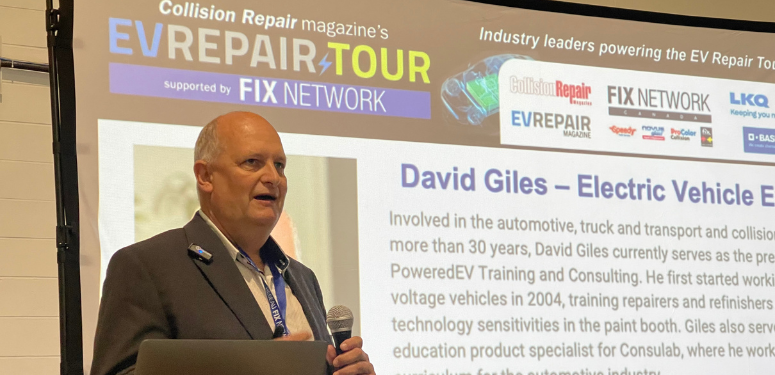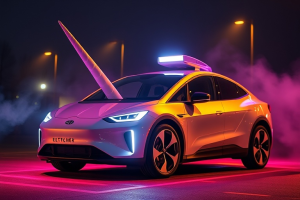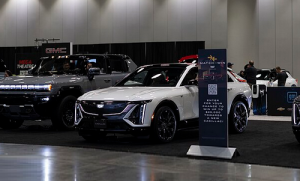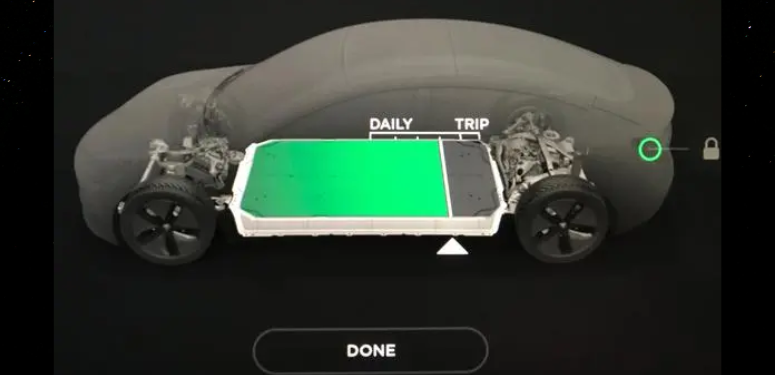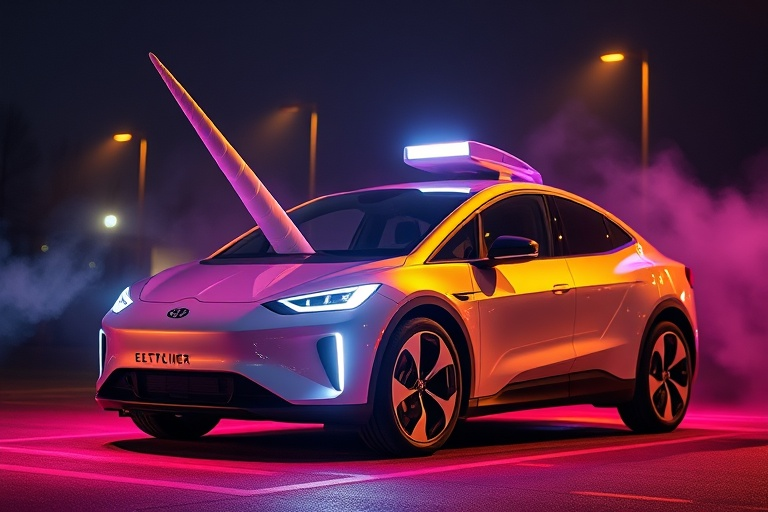Calgary, Alberta — Electric vehicles do not present a threat to the collision repair industry–they present a massive opportunity.
That’s what EV expert David Giles–EV education product specialist and curriculum developer for Consulab and the president of Powered EV training and consulting–told audiences at the Calgary, Alta., stop on Collision Repair magazine’s EV Repair Tour, supported by Fix Network, last week.
During his presentation, Giles outlined the importance of recognizing that “integration is happening” when it comes to the electrification of the automotive industry and so it is important to prepare through what he outlines as the “triangle of success:” tool-use access and awareness, knowledge of service information and training.
While lots of shops may currently be turning away electric vehicles because they do not know how to work on them, Giles asserted that this needs to change and having an awareness of the necessary tools, service information and training is the first step.
This need is in turn supported by a recent study that Giles shared with the audience detailing “how over 80 percent of Canadian consumers prefer to use service repair facilities over dealerships, but only 9 percent of consumers believe that a service centre outside of the dealership is capable of fixing their electric vehicle.”
Thus, there is a market here for growth, according to Giles, that auto shops need to capitalize on in order to stay competitive.
In order to do this, Giles discussed the importance of coming to terms with the technology inherent in electric vehicles.
He discussed how many auto shops balk at what they see as “too much tech,” but reminded that most of the components are the same between EVs and ICEs, and that EVs actually have less parts overall because of their lack of a transmission system.
The trick is to address safety first when it comes to the parts that are there, and overall, “EVs are [made] safe because of many safety redundancies built into the vehicle.”
Specifically, when it comes to high voltage safety, Giles reminded that training is needed here, but, high voltage does not have to create a panic response—”it is just another system.”
“Most EVs have 60 kW energy stored in the battery and this is comparable to two gallons of gasoline,” Giles said.
Giles also reminded that when it comes to EV repair, technicians do not need to worry about repairing high voltage batteries because by the time the battery needs fixing, the vehicle itself will most likely be done as EV batteries often have a 20 year lifecycle.
“When it comes to high voltage training, focus on the training first before repair,” Giles told those in attendance.
While dangers do exist and technicians have been killed while working on high voltage systems, Giles stressed that dangers can be reduced by the fact that EV batteries are isolated from the vehicle chassis and by equipping technicians with the proper tools.
Such tools include PPE gear in the form of high voltage gloves and scanning systems to test for voltage output. Being aware of OEM requirements and battery monitoring systems can also help with developing an overall understanding of necessary repair steps.
Giles also reminded of the importance of understanding the connectivity inherent in EVs. While this connectivity can create challenges for repair facilities since customers’ phones may accidentally activate features within the vehicle while it is being repaired, understanding service information will assist in disabling these features before maintenance begins.
In tandem, Giles reminded of the importance of preparing for further EV customer service standards by encouraging auto shops to focus on installing charging systems to indicate a level of electrification awareness as well as preventing from charge loss while performing EV maintenance.
Ultimately, Giles ended his presentation with the reminder that EV adoption is an exciting time for the automotive industry. Just as Clara Ford, wife of Henry Ford, drove an electric vehicle built by the Ford Motor Co. one hundred years ago because it was a reliable and powerful option at the time, so too can the modern electric vehicle offer “more potential for collision repair” in the future.
Watch Giles’ full presentation below.
The post Expert Findings: EV tech is not new—it’s up to 100 years old, EV consultant David Giles tells EV Repair Tour Calgary appeared first on Collision Repair Magazine.



